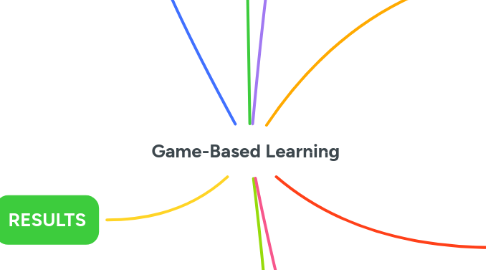
1. This research is a study of 26 literature reviews done in a 15 year window (1995-2010) using Web of Science and ScienceDirect databases. It followed the key concepts of (mathematical computer games, mathematics, education, multi-media, web-based instruction, internet, and blended learning) and (achieve, motivation, satisfaction, perception). 44% of the reviews were from the US, 12% Australia and New Zealand, 12% Turkey, 8% Canada, 8% Taiwan, then 4% to each Chile, Mexico, Greece and The Netherlands. The researchers looked at any literature review that answered these three questions:
1.1. Q1: What is the impact of mathematical computer games on realizing educational goals at all levels of education in learning mathematics?
1.2. Q2: How does the usage of mathematical computer games influence pupils' motivation and attitude toward the most difficult subject?
1.3. Q3: How does an educational mathematical computer game influence the realization of educational goals?
2. The Impact of Game-Based Learning on the Achievement of Learning Goals and Motivation for Learning Mathematics - Literature Review https://hrcak.srce.hr/file/103887
2.1. Damir Tomic
2.2. Blazenka Divjak
3. Aaron Oswald Week 2 Article Review
4. RESULTS
4.1. Q1: Treated Equally
4.1.1. Several of the studies showed that it closed learning gaps between male and female students as well as students with and without prior knowledge to the material. The reviews covered all grades from pre-school through universities showing that game-based learning is helpful at all levels of education.
4.2. Q2: Achievement
4.2.1. At least 14 of the literature reviews showed that game-based learning promoted student learning, higher mathematics was achieved, learning was more effective and better mathematics knowledge was shown by students, even long term. The literature reviews mentioned increased knowledge in spatial skills, proportional connections and geometry. It could even be argued that even more than 14 of the reviews saw increased achievement since most believe that a satisfied student (*see below) will obviously lead to higher achievement.
4.3. Q2: Motivation
4.3.1. At least 8 of the literature reviews showed that with game-based learning students were more motivated to work.
4.4. Q2: Satisfaction/Positivity
4.4.1. At least 7 of the literature reviews showed students were more satisfied, had better attitudes and reduced cognitive load (decreasing stress leading to more satisfaction). One even said that preschoolers introduced to mathematics through computer games had a positive outlook on math (and greater knowledge) even a year later. (*Higher satisfaction will obviously lead to higher achievement-see above)
4.5. Q2: And so much more
4.5.1. Participation, socialization, curiosity, determination, obeying rules, and being able to use specific skills in every day situations are a few more skills found by one or two literature reviews, each. A couple even showed some advantages for teachers. One teacher noted they themselves were more efficient in promoting knowledge and another that they had to spend less time teaching.
4.6. Q3:Those with Pedagogically Design
4.6.1. 8 researches has positive impacts of realizing educational goals as long as they had pedagogical design.
